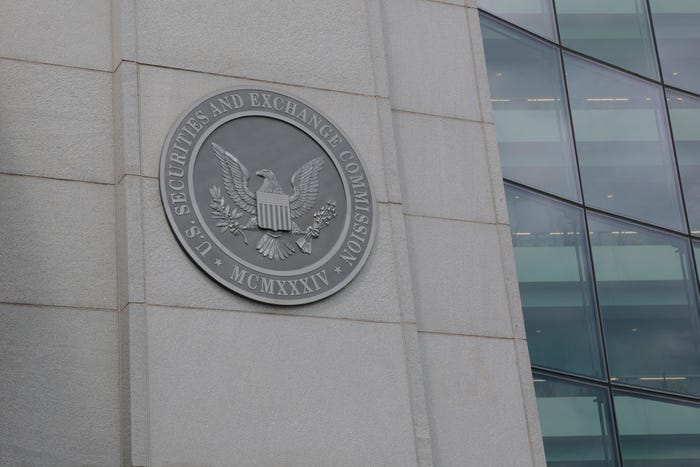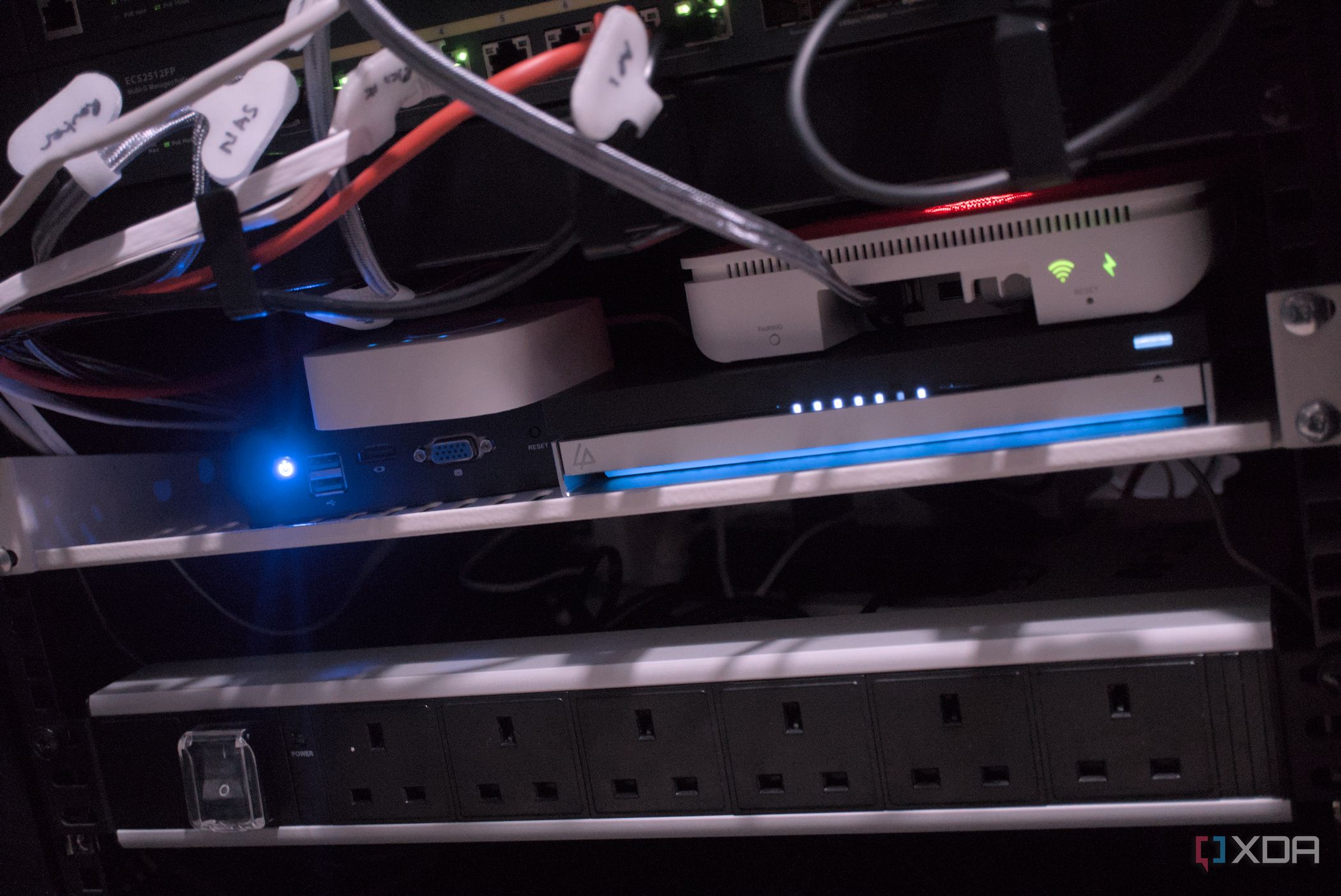
UPDATE: Over 400 major companies have officially warned investors about the risks associated with artificial intelligence (AI) in their 2025 SEC filings. This alarming trend highlights a growing concern as firms face potential reputational damage and operational disruptions due to AI technologies.
According to a recent analysis from AlphaSense, 418 publicly traded companies valued at over $1 billion have cited AI as a risk factor this year. This represents a staggering 46% increase from 2024 and is nearly nine times higher than in 2023. The warnings signal that corporate America is taking AI’s implications very seriously.
Companies like Take-Two Interactive, which produces popular video games, are at the forefront of this discussion. CEO Strauss Zelnick emphasized the duality of AI’s benefits and risks, stating, “All of us are using AI today in a way that’s greater than we used it a year ago.” He added that increased usage leads to greater risks, particularly as AI can disseminate biased or incorrect information, compromise security, or infringe on rights.
Financial services giant Visa also sounded the alarm in its recent SEC filing, stating that with the scaling of AI, they anticipate “increased instances of erroneous or disputed payments” which could harm their reputation. Similarly, Clorox and ELF Beauty have expressed concerns regarding confidential information breaches and their ability to navigate new regulatory landscapes.
The urgency of these disclosures is underscored by legal requirements mandating companies to update risk factors as new threats emerge. M. Todd Henderson, a law professor at the University of Chicago, noted, “You’ve got to disclose known unknowns,” indicating that firms are fully aware of AI’s potential consequences.
Moreover, a global survey conducted by KPMG and the University of Melbourne found that 66% of employees rely on AI outputs without critical evaluation, and 72% admit to reduced effort in their work due to AI assistance. This raises significant concerns about employee reliance on potentially flawed AI-generated information.
Despite these significant risks, the drive toward AI adoption continues unabated. Companies are investing heavily in AI technology, with the average spending nearly doubling in 2024 to around $10.3 million, according to Bain & Co. Zelnick reaffirmed this commitment, stating that AI is proving indispensable for enhancing productivity within Take-Two.
As the landscape of corporate risk evolves, what happens next is crucial. Investors and stakeholders must closely monitor how companies adapt to these emerging challenges while navigating the fine line between leveraging AI for growth and mitigating its inherent risks. The next round of SEC filings will likely provide further insights into how these firms are managing their AI-related concerns.
This developing story highlights the urgent need for businesses to balance innovation with caution as they embrace this powerful technology. Stay tuned for more updates as this situation unfolds.






